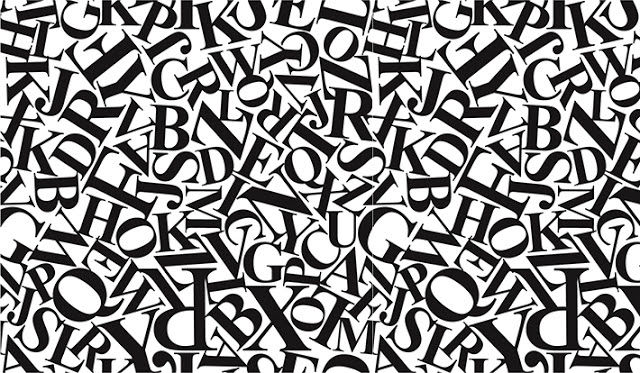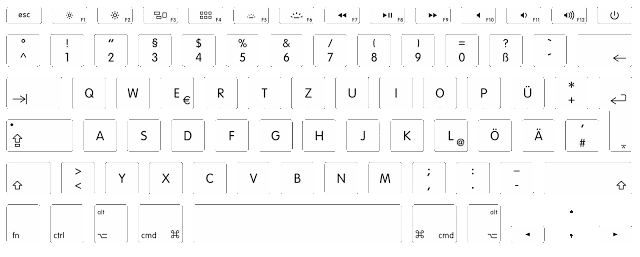

On a visceral level, I understood these horrible labels to be psychologically damaging, so I sucked it up and pretended to understand everything that I read. But my writing was always a dead giveaway.
There’s a reason why I’m a tireless reviser. Although on the surface, perfection appears to be the driving force, this attribute actually isn’t a part of my DNA. I’m not, despite some aspects of my personality, Type A. I’m a tireless reviser because I’m dyslexic.
Devoid of Psych Evals
I was never properly diagnosed and evaluated as a child, partly because I knew how to fly under the radar by working harder than most of my peers at accomplishing my school work in a satisfactory manner. But I knew early on that something was off with me, and was cognizant about the consequences of being placed in special education classes. I feared being labeled as “slow” or “retarded.”
On a visceral level, I understood these horrible labels as psychologically damaging, so I sucked it up and pretended to understand everything that I read. But my writing was always a dead giveaway. Writing, in fact, is my Achilles heel, my greatest challenge, yet ironically one of my greatest passions.
The Real Enigma Machine
Dyslexia is a constant challenge, but over the years, thanks in part to assistive technologies and to my own creative strategies, I’ve learned to live with it and to function on a relatively normal level.
Often when I write, I leave words out, sometimes complete sentences. Other times, I double up on the same word (the the, is is, etc.) and leave in articles that I should have omitted during revision (the a, an, the, etc.). Sometimes, I will type an altogether different word than I was intending to type. Typing is akin to using an Enigma machine, especially if I over analyze the keyboard and my brain begins to perceive the already jumbled mess of letters as indecipherable, shape-shifting codes on each key (and because driving myself insane is so much fun, I periodically type on a German keyboard) [1]. When I type, I often space my words where I shouldn’t and leave letters out (tha nto i nto, thn kyou, etc.).
Dyslexia is a constant challenge, but over the years, thanks in part to assistive technologies and to my own creative strategies, I’ve learned to live with it and to function on a relatively normal level. But it’s not easy. Every time I blog or email, I always find errors when I take a second, third, and forth look. Thankfully, reading has gotten easier. Now when I read, I try to find the Audible version so I can hear the words while I read. This helps me to comprehend the material better and keeps me focused on the passage, otherwise, it’s easy to get lost on a page full of words, especially if single spaced.
My Tireless Reader, Alex
The editing process, too, has gotten a little easier. I often use my buddy “Alex” on my iMac or Macbook to read aloud what I’ve written. This is the best way to flag many of my errors, but it’s not fail-proof because I’m still the one having to flag the errors [2]. Sometimes when I don’t use Alex to read my posts on this blog, I tend to find many mistakes in my writing. This is super embarrassing for me as I always fear being labeled as “dumb” or “careless.”
It’s not easy to disclose this aspect of myself, especially given that it’s the kind of disability that is without remedy. This is perhaps why the visual arts and ghost whispering come so naturally to me. I’ve learned to attune my senses to other areas of perception so as to compensate for my deficiencies. And in a way, I suppose my disability has opened doors to other possibilities that are truly magical.
Notes
[1] Always finding a way to bring in the topic of WWII. This was a period of deep Blind Love creation with soldier ghosts.
[2] Addressing the topic of dyslexia also highlights the maddening task of writing a book and how over time, I unraveled as a result of my tireless revising---a kind of Sisyphus dilemma where each revision yielded both progress and set backs in the writing and therefore becoming an absurd and futile endeavor on repeat.

Comments